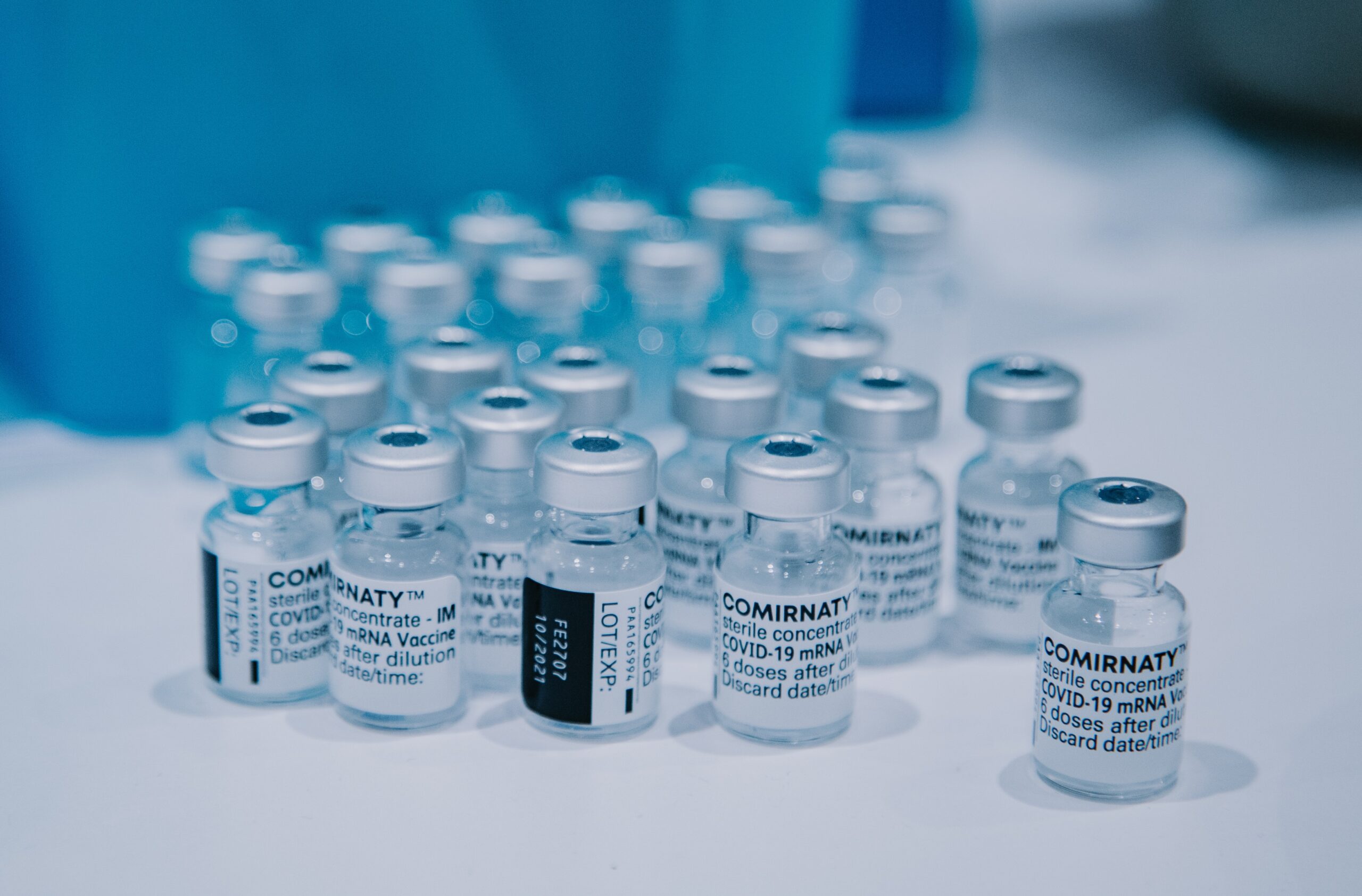The Ministry of Health has released advice from a review into a New Zealand woman’s death, which occurred after receiving a Pfizer vaccine.
The COVID-19 Vaccine Independent Safety Monitoring Board advised health professionals and the public to be aware of the signs of myocarditis, known to be a rare side effect of the Pfizer vaccine. However, the case is still before the Coroner, with the cause of death still to be confirmed.
The SMC asked experts to comment.
Associate Professor Helen Petousis-Harris, Vaccinologist, University of Auckland, comments:
These comments are extracted from Dr Petousis-Harris’ blog today
“After hundreds of millions of doses globally, the most rare side effects have revealed themselves. The one of concern involves inflammation of the heart.
“What is myocarditis? Myocarditis is an inflammation of the heart muscle; pericarditis is inflammation of the sac around the heart. Each year NZ has around 100 cases of myocarditis. A key trigger is a viral infection, including COVID-19. Symptoms include an abnormal heartbeat, new chest pain, and difficulty breathing. The condition can be severe and life threatening. Most cases will be admitted to hospital.
“Myocarditis and pericarditis following mRNA vaccines:
Q. Is this a thing?
A. Yes.
Q. Should I be worried?
A. Not unduly, this is very rare, and most cases recover. You are much more likely to get myocarditis if you get COVID-19. In fact, struck by lightning is more likely so while you should be forewarned, you should not lose sleep over it either.
“Since rolling out the mRNA vaccines (Pfizer and Moderna) a rare safety signal has been identified. A few months ago, safety systems alerted us to an unexpected number of cases of myocarditis as well as pericarditis. After extensive investigations we know the following:
“Myocarditis cases are typically occurring in males under 30-years of age within days of receipt of the second dose. In these cases, the course of disease in generally mild and resolved with rest and anti-inflammatory medication. Long term follow-up of cases is ongoing. When hospitalised the mean stay is 2-days.
“Summaries from the United States and Europe are available here.
“The benefits of receiving the Pfizer vaccine in these younger age groups far outweigh the risks associated with it. While NZ has very little COVID-19 in the community at the moment due to lockdown, once we ease the restrictions and open the borders then community transmission of this infection is inevitable.
“Perspective: Each year we give infants a vaccine against rotavirus, a nasty little virus that is a major cause of serious diarrhoea in infants, and lots of hospitalisations occur without a vaccine. However, the vaccine comes with a rare and potentially serious side effect. In around 1-3 per 100,000 doses babies can develop a telescoping of the bowel called ‘intussusception’ – a medical emergency. This risk should be communicated to every parent before the vaccine is given and advice given. Despite this small risk, most babies receive their vaccine and now hospitalisation for this disease in NZ is uncommon.
“The myocarditis risk associated with mRNA vaccines is not dissimilar to the intussusception risk with rotavirus vaccine. Vaccinees should be informed about the risk and what to do if symptoms occur.”
Conflict of interest statement: Helen is a member of the COVID-19 Immunisation Implementation Advisory Group (IIAG).
Professor Graham Le Gros, Immunologist, Director Malaghan Institute of Medical Research; and Programme Director Vaccine Alliance Aotearoa New Zealand – Ohu Kaupare Huaketo, comments:
“This is a terrible event and my thoughts go to the family affected.
“It is still too early to say whether it is connected to the vaccine or to some other issue. We must wait for the Coroner’s report to be completed before any conclusions are made.
“We know already there is significant risk of myocarditis occurring following infection with the COVID-19 virus in some patients. There is a much smaller risk of people developing myocarditis following a vaccine, with there being NO (zero) deaths in the 1226 reports of myocarditis after mRNA in the US from Jan-June 2021.
“However, we should be concerned, and we should investigate and determine what the factors are that led to this tragic event.”
Conflict of interest statement: Professor Le Gros is Programme Director of the Government-funded Vaccine Alliance Aotearoa New Zealand – Ohu Kaupare Huaketo, a partnership between the Malaghan Institute, the University of Otago and Victoria University of Wellington.
Associate Professor James Ussher, Department of Microbiology and Immunology, University of Otago, comments:
“This is a dreadfully sad and unfortunate case, and represents one of the first deaths in the world from myocarditis following vaccination with an mRNA SARS-CoV-2 vaccine (Pfizer, Moderna).
“Myocarditis has been identified as a rare side effect following vaccination with the mRNA SARS-CoV-2 vaccines. An Israeli study that has just been published reported that myocarditis occurred in 2.7 per 100,000 persons vaccinated with the Pfizer vaccine. Of note, the same study found that the risk of myocarditis with COVID-19 was 4 times higher (11.0 per 100,000 persons infected).
“Hundreds of millions of doses of the Pfizer and Moderna vaccines have been administered globally. To date, the vast majority of cases of myocarditis following vaccination with the Pfizer or Moderna vaccines have been mild, with resolution of both symptoms and inflammation with anti-inflammatories.
“The benefits of vaccination against SARS-CoV-2 far outweigh the risks, with recent data from the United States showing a massive 25-fold reduction in the risk of hospitalisation and death from COVID-19 in vaccinated individuals.”
Conflict of interest statement: “I’m on the Government’s COVID-19 Vaccine Technical Advisory Group.”
Associate Professor Ussher is Science Director of the Government-funded Vaccine Alliance Aotearoa New Zealand – Ohu Kaupare Huaketo, a partnership between the University of Otago, the Malaghan Institute and Victoria University of Wellington.
